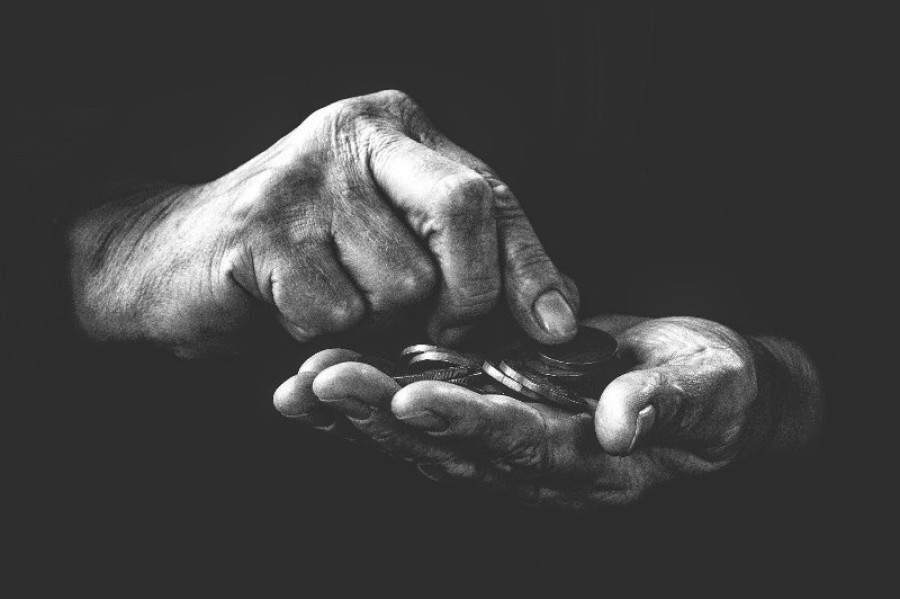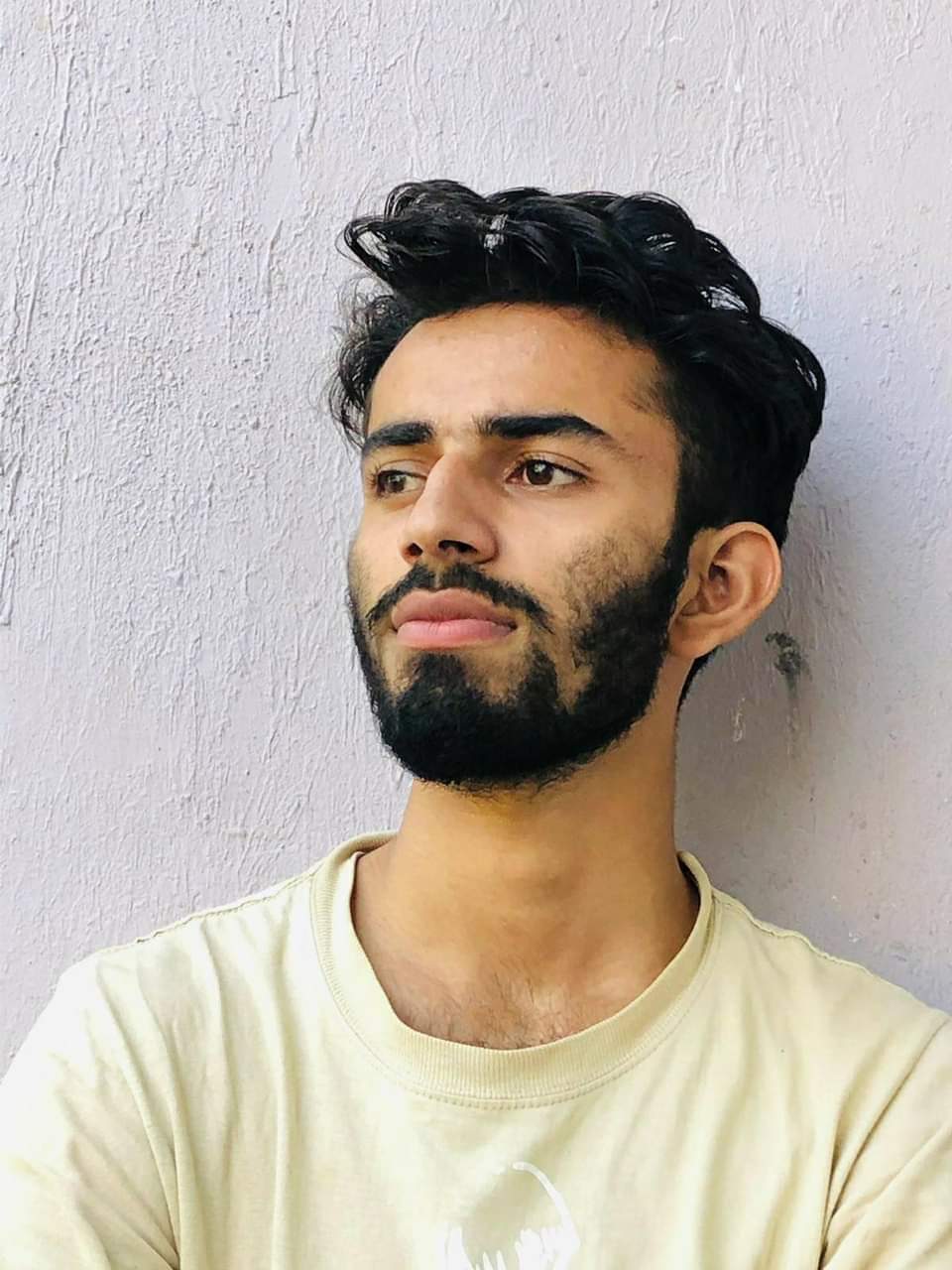Fiction Park
Towards the city
It was beginning to dawn on Krishna that the idea of borrowing money was terrible, but he had no other choice than to borrow money.
Sugam Gautam
The sun ascended from the horizon, and soon the amber rays seeped in through the window of Krishna’s room. Krishna opened his eyes to the chirping of birds, and he found himself disoriented the moment he got up. This Dashain had left him with more debt, and the debtor, cruelly, had asked him to clear the debt within a month. With the money he borrowed, he bought Suju a new pair of black jeans and Rima a red salwar suit. On the day of Tika, when Suju had put on new clothes, he looked happier than ever before.
Krishna had taken the debt just to see the delight in the eyes of both Suju and Rima. Rima had pushed him to buy a new shirt for himself, but he denied, calculating the expense in his head.
“I’m okay with this shirt,” Krishna had said, touching the shirt he was wearing. But the old shirt that he often wore was in a deplorable condition.
Dashain was already over, and the family had already finished the meat Krishna had bought for Dashain.
One morning, after breakfast, Suju asked with innocence in his eyes, “Ba, when will you bring the mutton again?”
Suju was a cute boy with sharp features. His chubby cheeks and hazel eyes were the most prominent features about him. But he often felt sick and was weak too.
“Very soon, I’ll bring the mutton,” Krishna replied to Suju, stroking his hair.
Suju smiled and left the room.
Rima, who was quietly sitting in the room, opened her mouth after Suju left. Her voice was stern and reprimanding.
“It’s not good to plant false hope in kids. Where will you find the money to buy mutton?”
“We will manage it. If he wants to eat, we’ll manage to buy anyhow. I’m his father. It’s my responsibility to fulfil his desires,” Krishna said, with his face as dark as the other side of the moon.
“Keep on fulfilling all of his desires, and you’ll leave him in a mountain of debt when you die,” Rima said, slamming the door behind her.
The year had been tough for Krishna. By the time people understood the extent of the Coronavirus’s destruction, it was almost too late. Countless people lost their lives while Krishna lost the means to live—he was barred from the furniture shop that allowed him to earn a living for his family. Rima, who had been working as a daily-support staff in the school nearby, was on the same boat—the schools had been closed for more than a year. Krishna had been taking debt since the lockdown, and it now had ballooned to the extent where he would have to work for a year just to clear the debt. When Dashain neared, the celebration added more pain to his misery as he once again was compelled to take debt in order to meet the desires of his family. It was beginning to dawn on Krishna that the idea of borrowing money was terrible, but he had no other choice than to borrow money.
At times, Krishna felt suicidal because of his financial condition. But he knew it was not the solution and that he had to raise Suju somehow. He knew suicide would leave his family in doom and gloom, and he battled against those ideations time and again.
Now that Suju demanded mutton, Krishna focused all his aims, dreams, and goals on achieving his son's one demand. He had to keep his only son content.
Days passed by, but things didn't improve; Krishna couldn’t manage to buy anything except beans. Suju, too, never brought the topic of bringing mutton home. It seemed he had forgotten, but one evening when they sat for dinner, he said, "When are you bringing mutton, Ba?”
Krishna patted the shoulder of Suju, assuring him to bring the mutton soon. But inside his heart, the volcano of stress erupted. Rima stared at Krishna blankly. She also knew his husband had no money to buy mutton for his son. She felt sorry for him, and soon, tears rolled down her eyes.
Had Krishna not taken the debt during the lockdown, the situation would not be worse as it was now. All the doors seemed closed for Krishna. Even if he asked the shopkeeper for debt, the shopkeeper would not lend the money anymore.
That night, when Suju lay on the bed closing his eyes, Krishna and Rima discussed how they were going to raise the money to mitigate poverty.
“It’s better we move to the city. There are more opportunities,” Rima said.
“And this house? What will we do?” Krishna said, a hint of irritation in his voice.
“There’s nothing left now. All we have is this house. Let’s sell it, clear the debt and move to the city,” Rima said.
Though he was always reluctant about moving to the city, the idea sounded better to him now as the walls were closing in on him and his family.
“We’ll think about it. Suju keeps pestering me to get him mutton. All I have is a note of 500,” Krishna said, heaving a deep sigh.
Suju had just pretended to fall asleep; he was listening to his parents carefully.
“This boy has become nonsense. He should understand the problem we are going through. He is not a kid anymore. He is 12,” Rima said.
“He is our son. If we can’t fulfil his demand, then what is the point in being his parents?” Krishna said.
“No mutton. Get him a half kilo of chicken,” Rima said.
“How much more debt can we even take? No one will lend us any money. And if they do, it will take a lot of time to clear the debt. I think we should sell this house. We can’t always rely on debt. Maybe, there are some opportunities in the city,” Krishna said.
Suju, after hearing this, felt disheartened. Right then, he decided he would not bother his parents anymore by demanding something his parents couldn’t afford.
The next day, in the evening, all of them sat at the small porch of their house, sipping their tea. And then, Suju said, “Ba, I came to know that meat is not good for health. I heard it on the radio. I’ll not eat meat from now onwards.”
Krishna and Rima looked at Suju, surprised.
Suju, who had now become aware of their situation, gave up on mutton which cost almost a thousand rupees for a kilogram. Krishna thought when Suju said it, he meant it. But it was not the case.
Thirty days later, Krishna sold his house to one of the agriculturists, who was looking to initiate the cultivation of cash crops in the barren land of the village nearby. With the money Krishna got after selling the house, he cleared all the debt, and his family moved towards the city, looking for better opportunities.




 9.89°C Kathmandu
9.89°C Kathmandu










